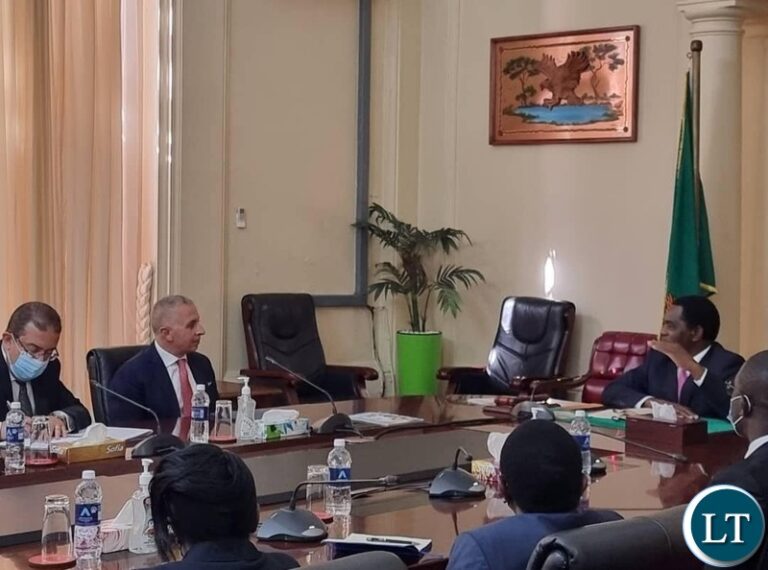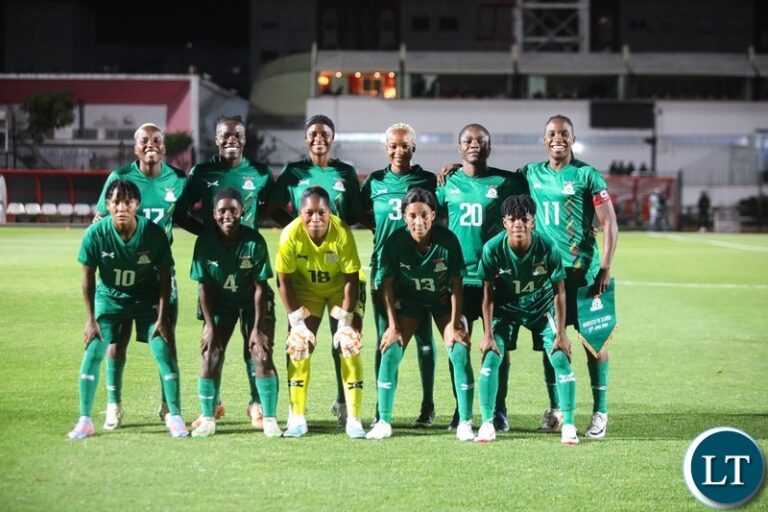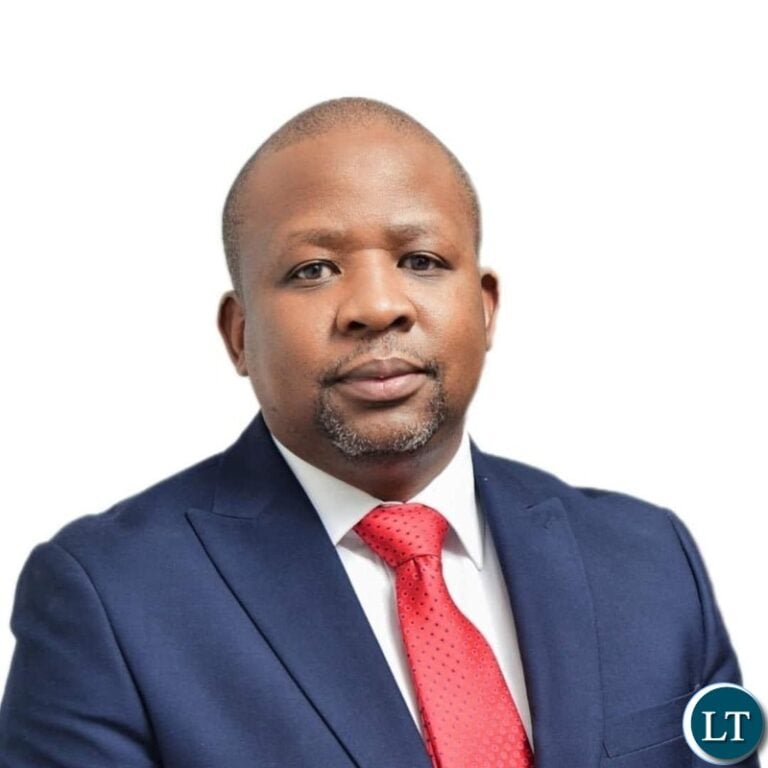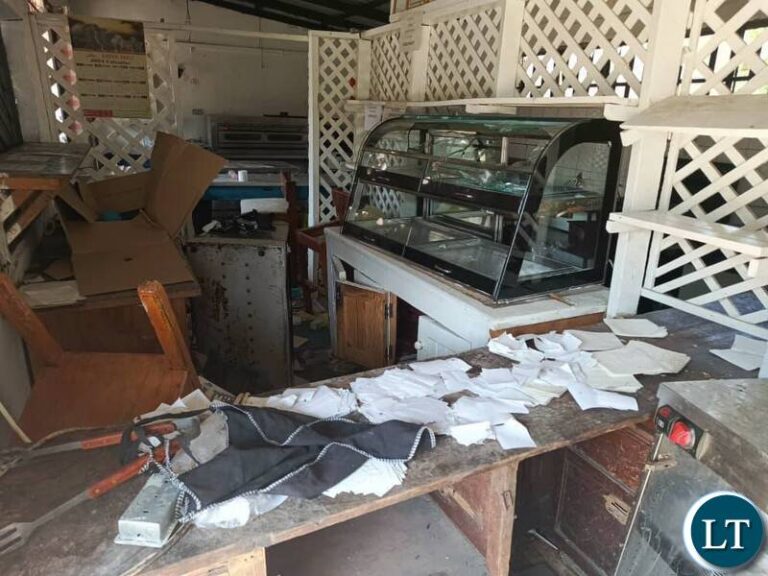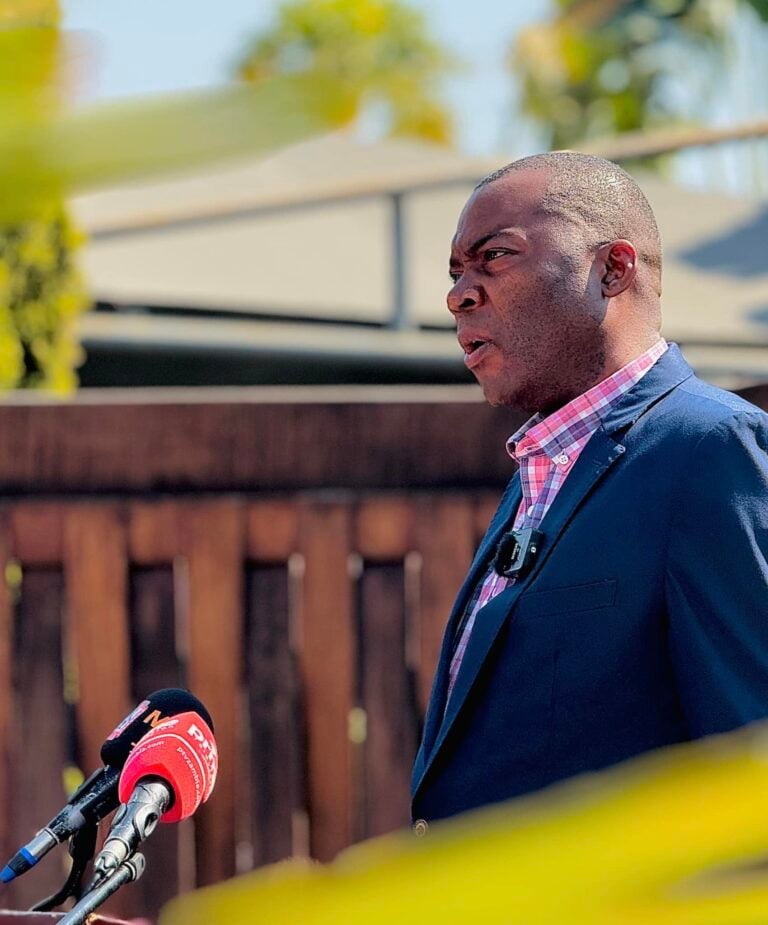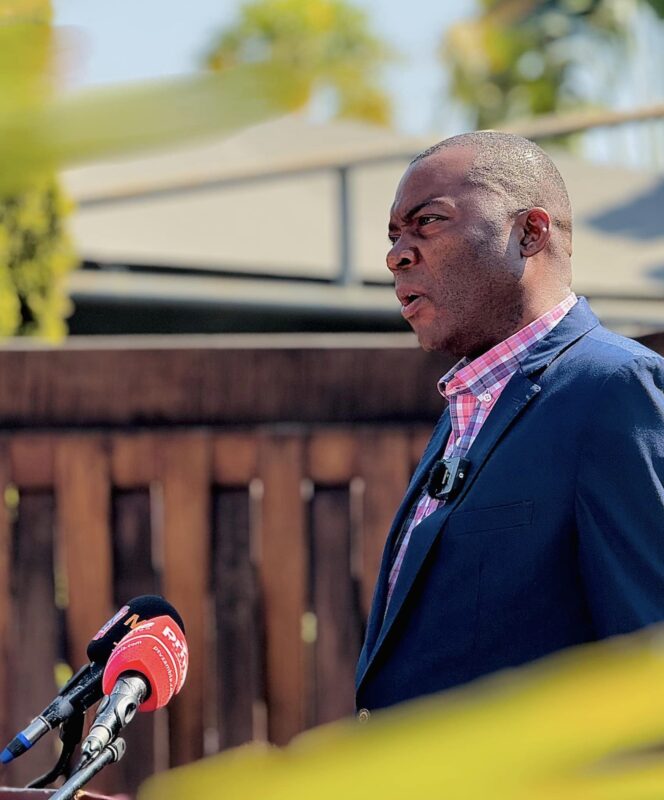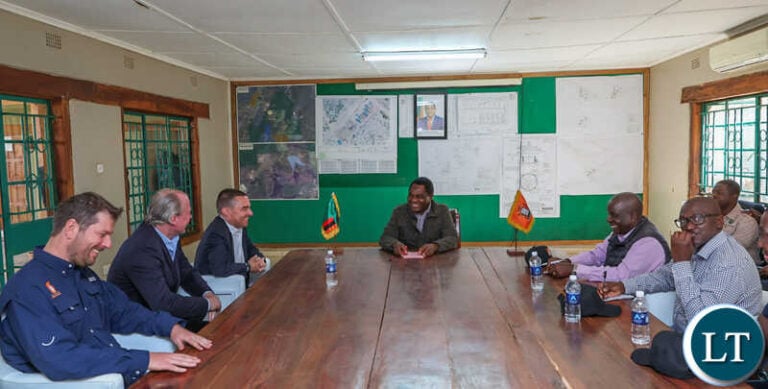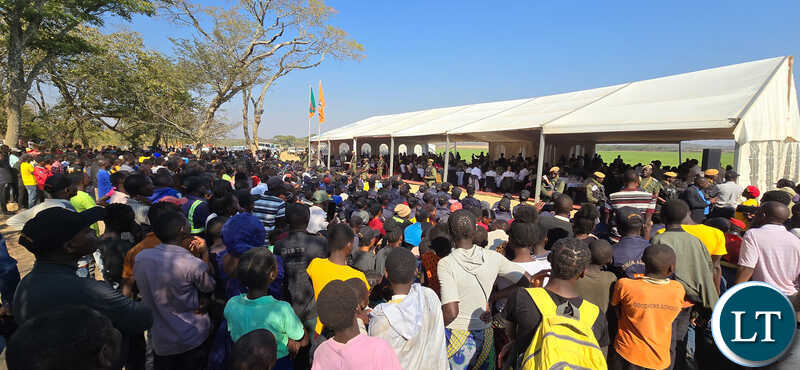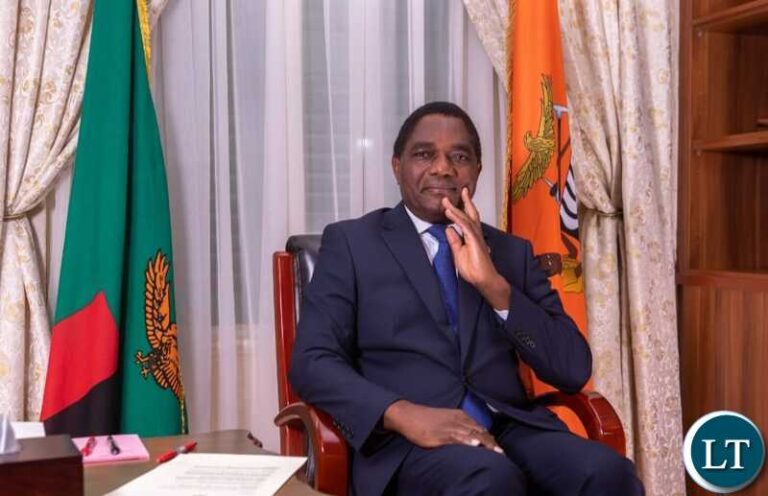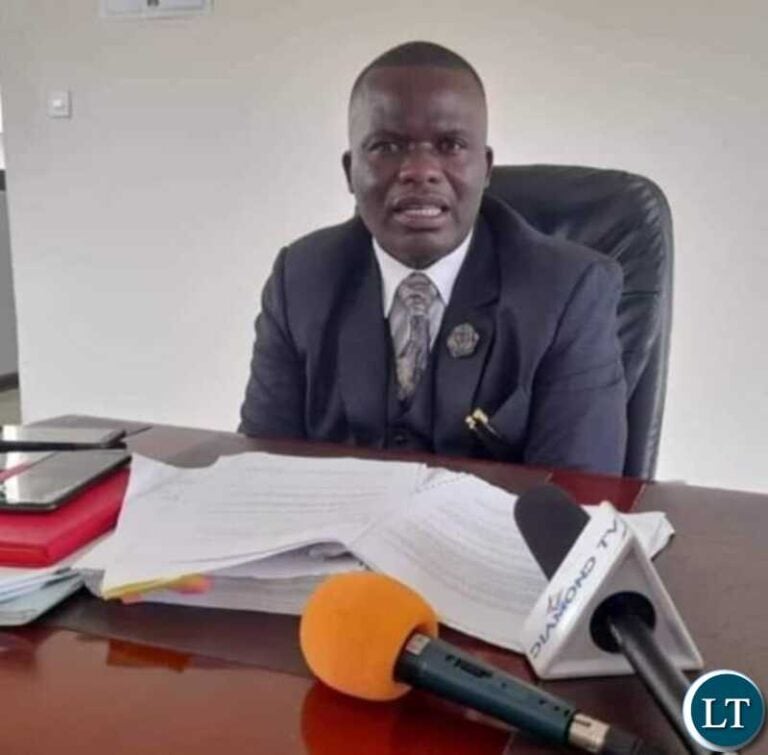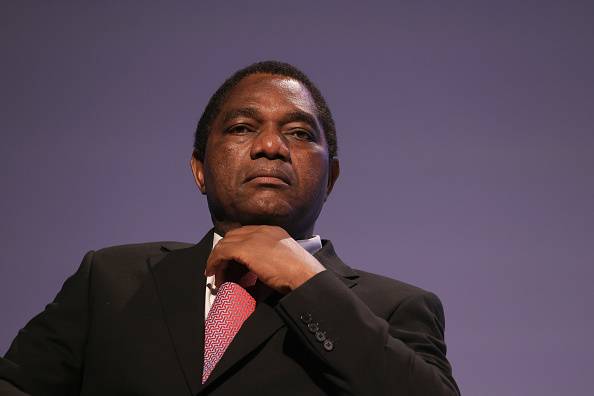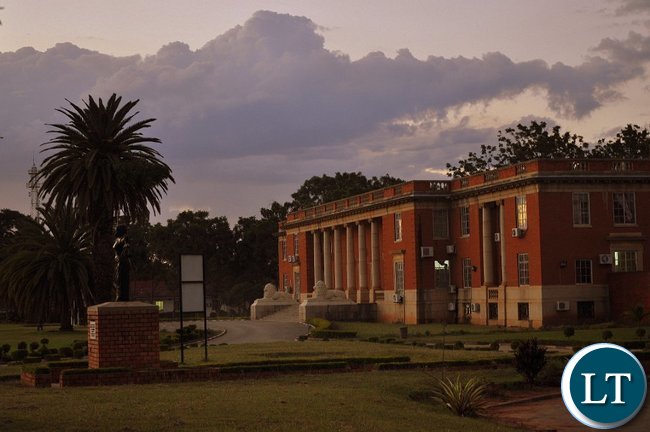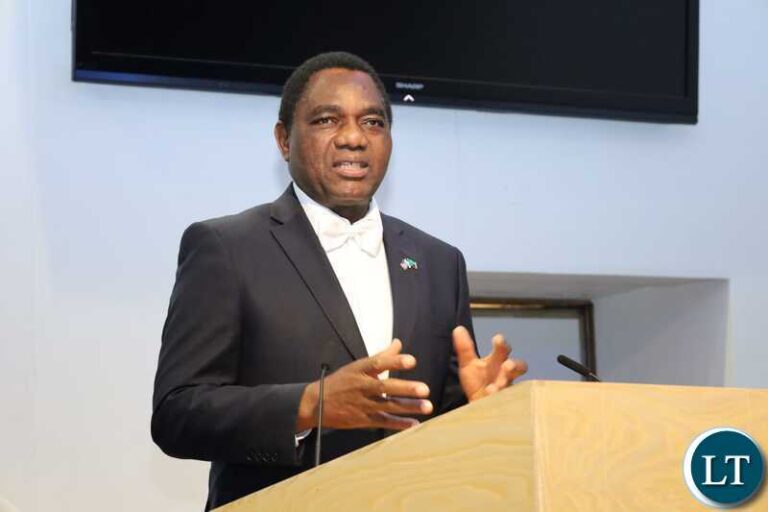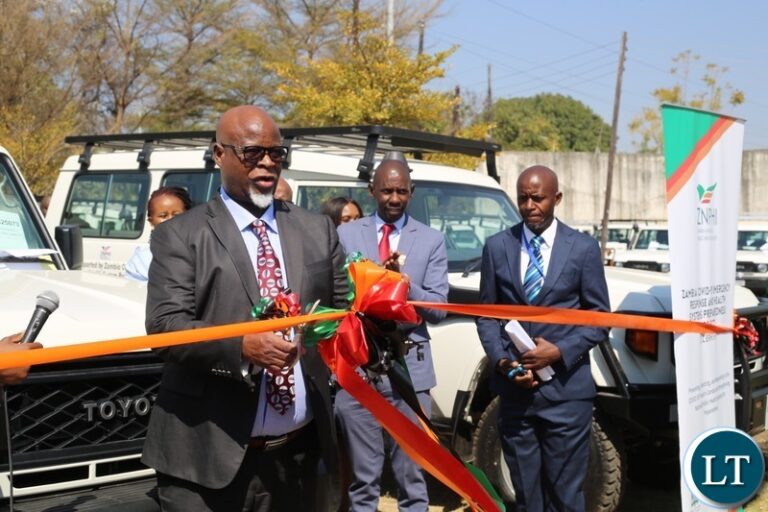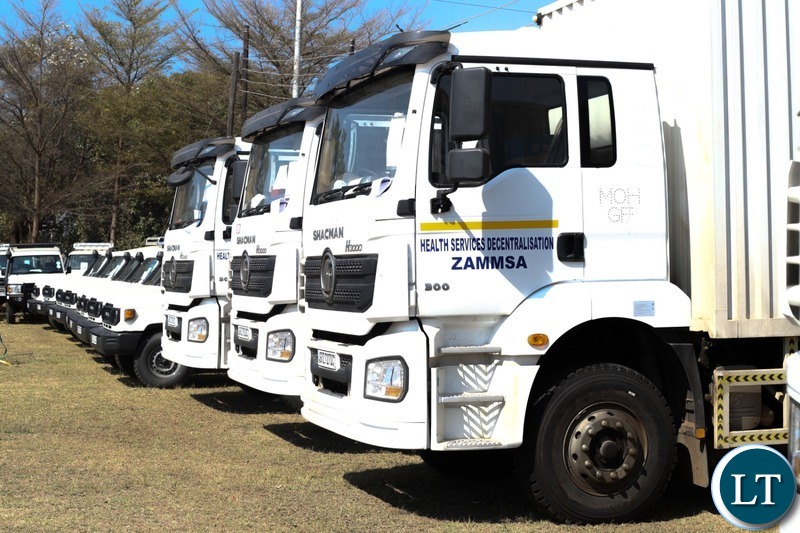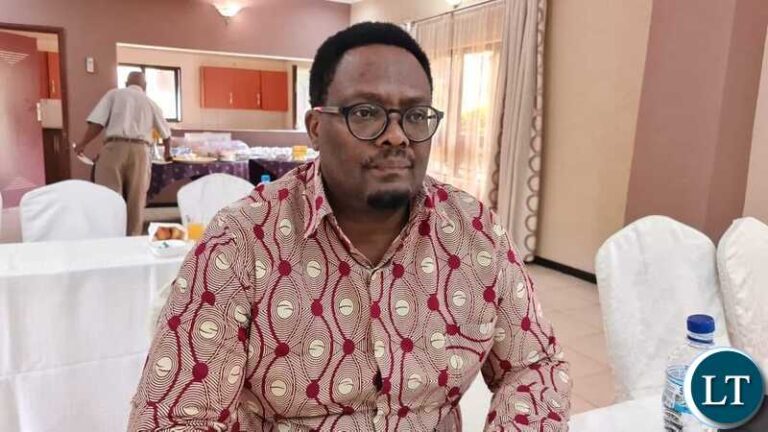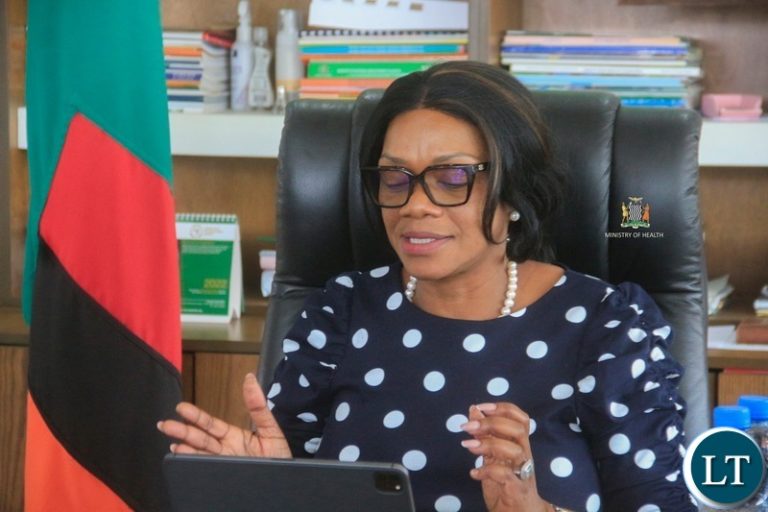By MOATAZ ANWAR
Our civilization’s contributions to the fields of science, art, and culture have left an indelible mark on the world. These symbols of our enduring history stand as a testament to the ingenuity and resilience of the Egyptian people.
This year marks the commemoration of the 72nd anniversary of the Egyptian Revolution of 1952, a pivotal event that reshaped our nation’s history and set the course for modern Egypt. A revolution that aimed to end colonial rule, establish social justice, and achieve national sovereignty and independence. Since then, Egypt has embarked on a path of growth and development, striving to uphold the principles of freedom, dignity, and justice for the Egyptian people and for humanity. Our progress in areas such as education, infrastructure, and healthcare is a testament to the hard work and determination of our people.
Zambia, Egypt Historic Background
This year’s celebration is not only a reflection of our national pride but also an opportunity to acknowledge and appreciate the strong and enduring relations between Egypt and Zambia. In 1965, Egypt’s president Gamal Abdel Nasser officially recognized Zambia’s independence and was one of the first leaders to order the establishment of diplomatic relations with Zambia under the leadership of the founding father of the Zambian nation, the late President Kenneth Kaunda. Since that date, the partnership between our two countries has only been growing stronger throughout the years. During this long period of time, our partnership has strengthened and diversified to cover a large number of fields and topics, on top of these fields is our cooperation in the field of Agriculture.
Agriculture
As part of its agricultural cooperation initiatives with African countries, Egypt has established two joint model farms in Zambia, in Mwembeshi in 2006 and in Kabwe in 2019. These farms are part of Egypt’s broader efforts to enhance agricultural cooperation with African nations, transfer Egyptian agricultural expertise and technology, and conduct joint agricultural research aimed at improving crop productivity. The joint farms between Egypt and Zambia serve multiple purposes: providing extension services and demonstrating agricultural best practices, transferring Egyptian agricultural technology and knowledge, expanding the use of agricultural mechanization, supporting marketing systems, and implementing partnerships with the Egyptian private sector for investment.
These farms are part of Egypt’s strategy to foster agricultural cooperation, open new markets for Egyptian agricultural products, and contribute to sustainable development in African countries.
Health, Pharmaceuticals
In the field of health, Egypt and Zambia have significantly strengthened their cooperation in the past few years. In 2023, Egypt and Zambia signed an agreement for the bulk supply of essential medical supplies worth US$24 million. This agreement aimed to improve access to affordable medicine in Zambia. On the 16th of October of 2023, Zambia received the first batch of medicines and medical supplies from Egypt as part of this agreement. As a result of this cooperation, Zambia’s drug supply reached 90 percent in 2023, exceeding the recommended 80 percent for health facilities. This improvement demonstrates the positive impact of the Egypt-Zambia pharmaceutical exchange.
On the 5th of June of 2024, the Zambia Medicines Regulatory Authority (ZAMRA) signed a Memorandum of Understanding (MoU) with the Egyptian Drug Authority (EDA). This MoU aims to enhance collaboration in regulating medicines, medical devices, and cosmetics, as well as capacity building between the two countries. As part of the MoU, ZAMRA agreed to rely on quality information summaries from the EDA for the registration and marketing authorization of medicinal and biological products, in accordance with WHO guidelines. This cooperation is expected to streamline the process of bringing more Egyptian pharmaceutical products to the Zambian market, and includes plans to establish a comprehensive information sharing platform for regulating pharmaceuticals, medical devices, and cosmetics.
The agreement between ZAMRA and EDA includes provisions for co-training programs and capacity building in technical, medical, and therapeutic techniques. These developments indicate a growing partnership and a long-term commitment to strengthening pharmaceutical ties between Egypt and Zambia, focusing on improving healthcare access and quality, enhancing the operational proficiency of both regulatory bodies and standards, knowledge exchange, and ensuring a stable supply of essential medicines and medical supplies in both countries. Furthermore, I feel obliged to refer with utmost pride to the relentless and continued efforts exerted by our Egyptian doctors to provide quality medical healthcare services to the Zambian people, a mission which continues to be carried out successfully by our doctors at the Coptic Hospital, Forest Park Hospital, and many other health facilities.
Infrastructure
In the field of infrastructure, Egypt and Zambia continue to explore possible means to enhance their cooperation in this field. For example, we were honoured by the visit of Honourable Charles Milupi, Minister of Infrastructure and Housing to Cairo in July 2023 along with a delegation representing the PPP Council in Zambia. In addition to this, Honourable Peter Kapala, in his capacity as the then Minister of Energy, paid a visit to Cairo in April 2024 where the prospects of cooperation between the two sides were discussed, especially the ways to help Zambia overcome the challenges of the current drought crisis.
Presidential Visit, COMESA Summit
In an increasingly interconnected world, the importance of international cooperation and understanding cannot be underestimated. Based on a deep understanding of this fact, Egypt and Zambia believed that through collaboration and dialogue we can address the global issues of our time and work towards a more peaceful, prosperous, and sustainable future for all.
Although Zambia and Egypt share a long history going back to 1965 as I mentioned earlier, it was not until June 2023 that Zambia welcomed for the first time an Egyptian president, marking another historic achievement in bilateral relations between our two countries. President El-Sisi attended the 22nd summit of the Common Market for Eastern and Southern Africa (COMESA) in Lusaka, Zambia’s capital, on the 8th of June of 2023. President El-Sisi met with his Zambian counterpart, President Hakainde Hichilema, to discuss strengthening bilateral relations, with the aspirations of boosting Egyptian relations with Zambia in various fields, especially by strengthening cooperation at economic, trade, and investment levels.
During the COMESA summit, President El-Sisi urged for more regional integration, highlighting Egypt’s role in promoting cooperation among African nations. The rotating chairmanship of COMESA was then handed over from Egypt to Zambia, symbolizing a transition of leadership in this important regional economic bloc. That visit highlighted Egypt’s efforts to intensify communication and coordination with African nations, reflecting the priority given to African issues in Egyptian foreign policy. It also opened new horizons for Egyptian diplomacy in southern Africa and demonstrated Egypt’s commitment to playing a significant role in continental affairs.
Climate Change/COP/AGN
In the field of climate change, Egypt, along with Zambia which chaired the African Group of Negotiators on Climate Change, as well as other African nations, worked closely to promote continued involvement in climate diplomacy. As in November 2022, Egypt hosted the United Nations Climate Change Conference (COP27) in Sharm El Sheikh. Egypt worked with Zambia to consolidate and advance Africa’s common position on climate change.
This included supporting key priorities, such as doubling adaptation finance by 2025, addressing loss and damage, closing the climate financing gap, scaling up Africa’s mitigation ambition and implementation, particularly the delivery of financial pledges and commitments by developed countries, and strengthening the linkage between technology and financial mechanisms.
Egypt supported the AGN’s call for increasing climate financing from the initial $100 billion to US$150 billion per year until 2025, and potentially up to US$750 billion to US$1.3 trillion per year in the future. Egypt, as part of the AGN, emphasized Africa’s particular vulnerability to climate change impacts despite contributing less than 4 percent of global emissions. Egypt’s role in the AGN over the past few years has been characterized by its leadership in hosting COP27, advocating for Africa’s climate priorities, and pushing for concrete action on climate finance and implementation of climate commitments.
EAPD/Capacity Building
Our country has also played a supportive role in Capacity Building Programmes in Zambia in recent years. Our President has expressed commitment to providing various forms of support and capacity-building assistance in hopes of strengthening our plan for “South Cooperation”. With Zambia, we have been working in the pharmaceutical sector as previously stated, healthcare, as well as specific training programs like the phytosanitary techniques workshop in Cairo in September of 2023. Our cooperation goes beyond the healthcare sector: with the funding and support of the Egyptian government, the Egyptian Agency of Partnership for Development (EAPD) focuses on exchanging expertise in diverse sectors, such as football, security, police training, and banking. These areas could potentially be targets for future Egypt-Zambia capacity building collaborations, given our expressed commitment to supporting Zambia’s development.
Cooperation Environment – HH and Sisi
The success of these initiatives is a reflection of the strong diplomatic ties between our nations. Our governments have worked tirelessly to create an environment conducive to business and investment, fostering economic growth and development. The bilateral agreements and partnerships that have been established are a testament to our shared commitment to progress and prosperity. We commend and support President Hichilema’s visionary leadership, which has been instrumental in guiding Zambia towards continued prosperity and harmony. Egypt is profoundly proud to share strong and enduring relations with Zambia, a nation we regard as the “Beacon of Peace and Stability” in this region. Just as Zambia has steadfastly championed peace and stability in Southern Africa, Egypt has played a pivotal role as a peacemaker in the Middle East.
Together, our nations exemplify the power of diplomacy and cooperation in fostering regional and global harmony. This shared commitment to peace strengthens our bond and inspires us to continue our collaborative efforts for a brighter, more peaceful future for all. Our partnership is built on a foundation of mutual respect, shared values, and a common vision for the future for our two countries, as well as for our beloved Africa. We have worked together on numerous initiatives and projects that have brought tangible benefits to our people, and we look forward to continuing this fruitful collaboration in the years to come.
Peace/Gaza
As we gather to celebrate our shared achievements and the enduring bond between Egypt and Zambia, to celebrate peace, it is also our moral duty to address the grave injustices occurring in our world today. It is with a heavy heart that I speak about the ongoing humanitarian crisis in Gaza. The inhumane aggression and the immense suffering of innocent civilians is a stark reminder of the urgent need for global action. Egypt stands firmly in condemning these atrocities.
The ongoing conflict in Palestine is a tragic reminder of the need for peace and stability in our region. As we mourn the loss of innocent lives and stand in solidarity with our Palestinian brothers and sisters, we call upon world leaders to unite and put an end to this senseless violence, and to restore peace and dignity to the people of Gaza. It is our collective responsibility to uphold the principles of human dignity, justice, and peace. Let us work together, with unwavering determination, to ensure that the voices of the oppressed are heard, as we strive to end this grave injustice and bring about lasting peace.
To our esteemed guests from various countries, your presence here today reminds us of the importance of fostering global friendships and partnerships. In a world that sometimes seems divided, it is gatherings like this that remind us of our shared humanity and our collective responsibility to work towards a better world. As we celebrate our National Day this year, let us also reaffirm our commitment to the principles of peace, equality, and justice. Let us pledge to work together to overcome the challenges we face and to seize the opportunities that lie ahead. Together, we can create a future where all nations can prosper and where the dreams and aspirations of every individual can be realized.
The author is Ambassador of the Arab Republic of Egypt to Zambia.


